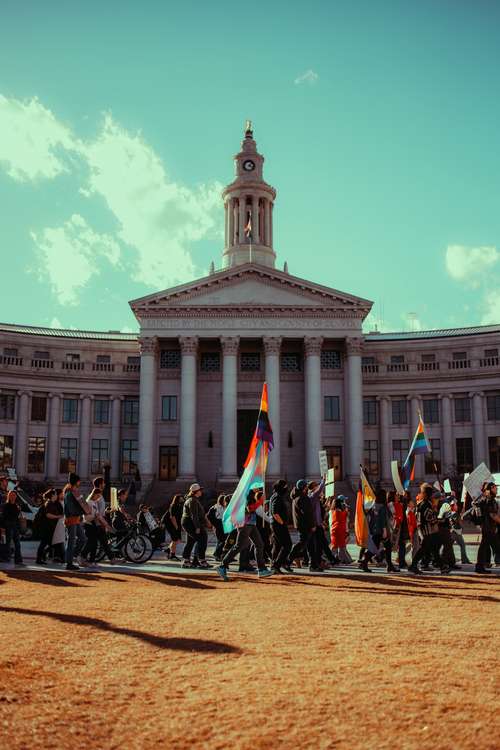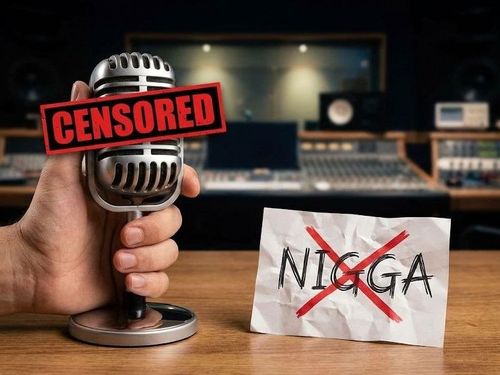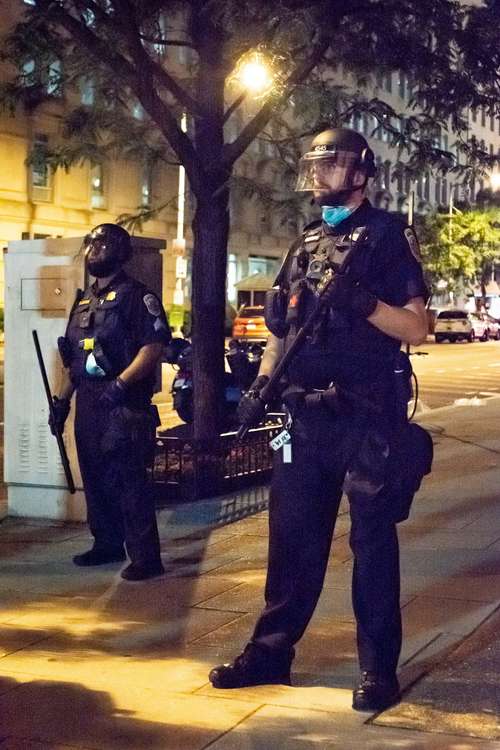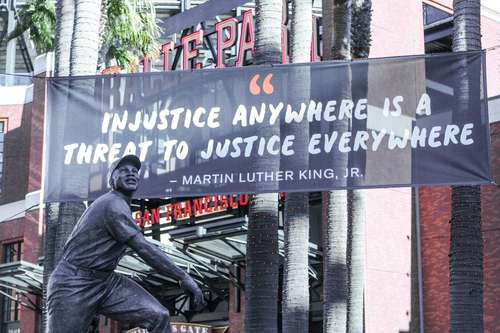The legal landscape is shifting once again. A long-held debate about conversion therapy has taken center stage as the U.S. Supreme Court examines Colorado's ban on LGBTQ conversion therapy. This issue dives deep into whether measures aimed at protecting individuals from harmful practices cross the line of infringing on free speech. How do we balance individual rights with protecting our communities from dangerous therapy practices?
The scenario might remind you of the tightrope walk between personal liberties and societal protection. At times, it feels like a duel between preserving constitutional rights and ensuring human rights are never compromised by questionable therapy legislation. With conversations swirling around legal implications and mental health concerns, it’s a fascinating yet complex court case that makes us all take pause and think about what true freedom means in our nation.
As debates rage on in the news and in everyday conversations, it’s worth noting that some see this legal evaluation as a necessary step to curb potential abuses in therapy practices while others worry about a slippery slope where every regulation might be seen as an infringement on free speech. The stakes are high, and the emotions even higher.
Main Legal Evaluation: Balancing Rights and Protections
This section takes a closer look at the legal evaluation behind the conversion therapy ban. The focus here is on how the ban is positioned within the broader debate over constitutional rights versus community protections. The decision made by the Supreme Court in this highly charged case could redefine aspects of therapy legislation and constitutional rights.
The conversion therapy ban in Colorado is just one example of therapy restrictions emerging in various parts of the country. Advocates argue that conversion therapy inflicts lasting mental health harm and is a practice steeped in outdated and potentially harmful ideological underpinnings. On the other hand, opponents of the law suggest that the restriction might limit free speech and the right to practice any form of therapy, regardless of its controversial standing.
Legal evaluations in cases like this often require judges to scrutinize whether the conversion therapy laws infringe upon free speech while still protecting vulnerable populations. When the Supreme Court steps in, it’s not just a matter of legalese; it's about how judicial review can shape future LGBTQ protections and influence subsequent legal proceedings. It's a situation that truly brings the phrase 'law in action' to life!
Critics of the ban worry that limiting certain speech could set a precedent that might be extended to other controversial practices. Meanwhile, targeted restrictions, they argue, are essential to protect individuals from abuse and exploitation. The debate invariably circles back to a fundamental question: where does freedom of expression end and legal safeguarding begin?
Implications for LGBTQ Rights and Mental Health
This part draws attention to how the Supreme Court ruling might impact LGBTQ rights and broader notions of mental health. The discussion encompasses legal analysis, legislative impact, and a deeper dive into the conversion therapy debate that continues to polarize communities across the U.S.
The legal analysis of the conversion therapy ban isn’t just about sorting through dense legal jargon; it's about real human lives and the impact of therapy practices on mental health. For many in the LGBTQ community, conversion therapy is seen as a relic of a bygone era—one that inflicts harm and denial of dignity. These advocates are pushing for laws that bolster LGBTQ protections and ensure that harmful practices do not continue under the guise of therapeutic intervention.
In everyday conversation, it might feel as if legal decisions are made in an ivory tower away from the worries of daily life. But this Supreme Court ruling has a very real impact. It informs families, mental health professionals, and community advocates that the state is taking potential abusive therapy measures seriously. This legal proceeding is more than just a court decision; it is a statement of intent towards safeguarding individual rights and mental health.
There is an undeniable tension here: the challenge of balancing judicial review with legislative impact. The conversion therapy ban is not only a matter of legal precedent but also a reaffirmation of the country’s commitment to upholding human rights. With key arguments on free speech versus the right to be free from harmful practices, the debate is as dynamic as it is personal.
The Broader Debate: State Regulation vs. Federal Oversight
This segment brings into focus the broader legal and political debate: should conversions therapy laws be strictly a state matter, or is there a need for federal oversight? As discussions unfold, advocacy groups and legal experts are weighing in on both sides, hoping to find a balance that respects constitutional rights while curbing harmful practices.
State-level actions such as the Colorado ban reflect a growing consensus among community advocates that state intervention is necessary when certain practices pose risks to mental and physical health. They argue that local governments are better positioned to understand and address the specific needs of their communities. However, opponents bring up the age-old question: isn’t this a slippery slope that could eventually lead to federal overreach?
The legal challenges of this court case center on whether the state-imposed conversion therapy ban is a justified limitation of free speech in order to protect vulnerable members of society. It’s a debate with clear implications for future LGBTQ advocacy, as judicial decisions made in one state can reverberate across the nation, influencing similar legal challenges in other states.
This conversation is not new, but the intensity of the debate is definitely heating up as the Supreme Court prepares to render its decision. Think of it as a high-stakes chess match, where each move could alter the balance between personal defense and collective safety measures. The court's ruling could set a pivotal example for how we handle therapy practices and LGBTQ rights in this country.
Looking Ahead: The Road to a Supreme Court Ruling
The final section looks at what might happen next. We’re talking about a potential ripple effect that extends far beyond Colorado. The Supreme Court’s pending review is anticipated to offer clarity not only on this delicate issue but also on the future landscape of therapy legislation and constitutional rights nationwide.
The court decision is expected to be a cornerstone for future legal analysis. Many legal experts agree that a ruling in favor of the ban might empower further restrictions on conversion therapy, thereby setting a legal precedent for more stringent measures in other states. Conversely, a decision against the ban could trigger a counter-movement highlighting free speech and judicial constraints on state regulation.
In essence, the ongoing legal proceedings serve as a reminder of how judicial review shapes our society. This case is not merely about a single legal dispute; it represents a broader, ongoing conversion therapy debate where legal implications affect human rights and mental health. As the Supreme Court deliberates, it is an invitation for all of us to reflect on what legal protections we deem essential.
For many advocates, this isn't just a legal challenge—it feels very personal. The intricate balancing act between protecting mental health and ensuring free speech is a story told in courtrooms and community centers alike. We all stand to learn a lesson in the art of balancing rights and protections as the Supreme Court readies its ruling.
All in all, the evolving debate over this conversion therapy ban clearly exemplifies the intersection of constitutional rights and compassionate policy-making. With the stakes this high, the court's ultimate decision will have a lasting impact on therapy restrictions and LGBTQ advocacy across the nation!




